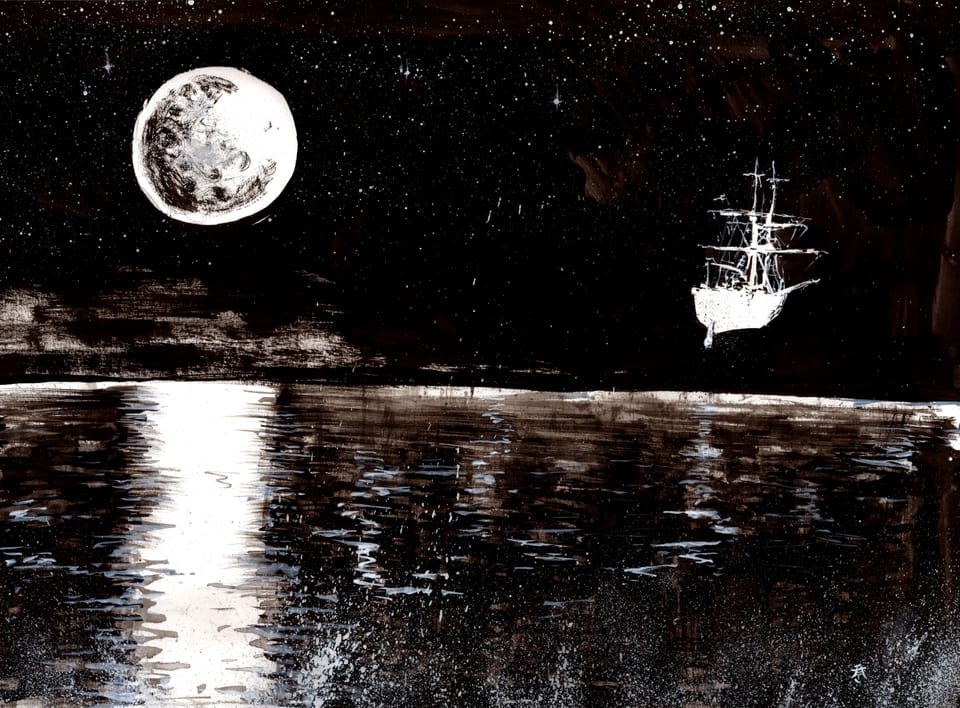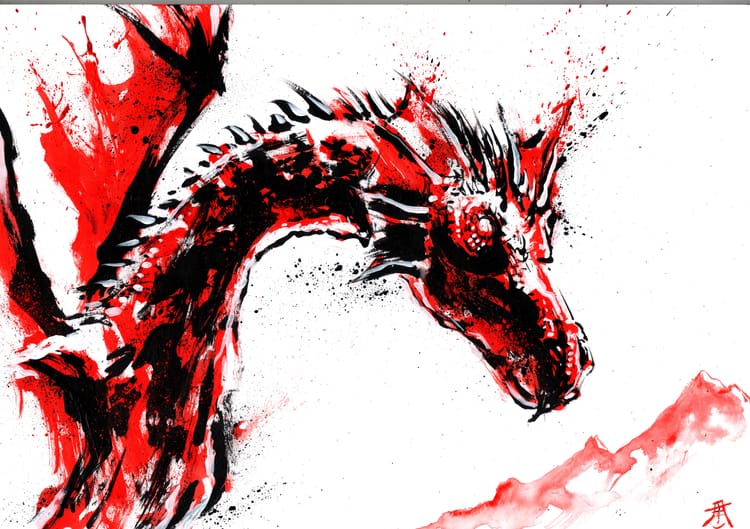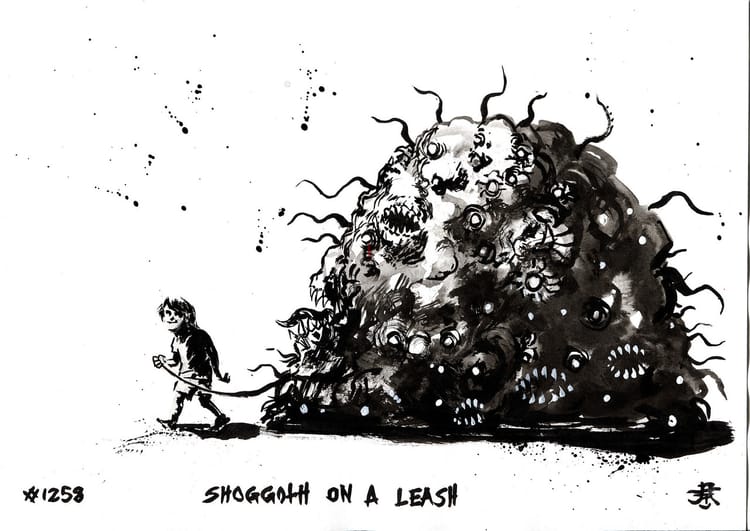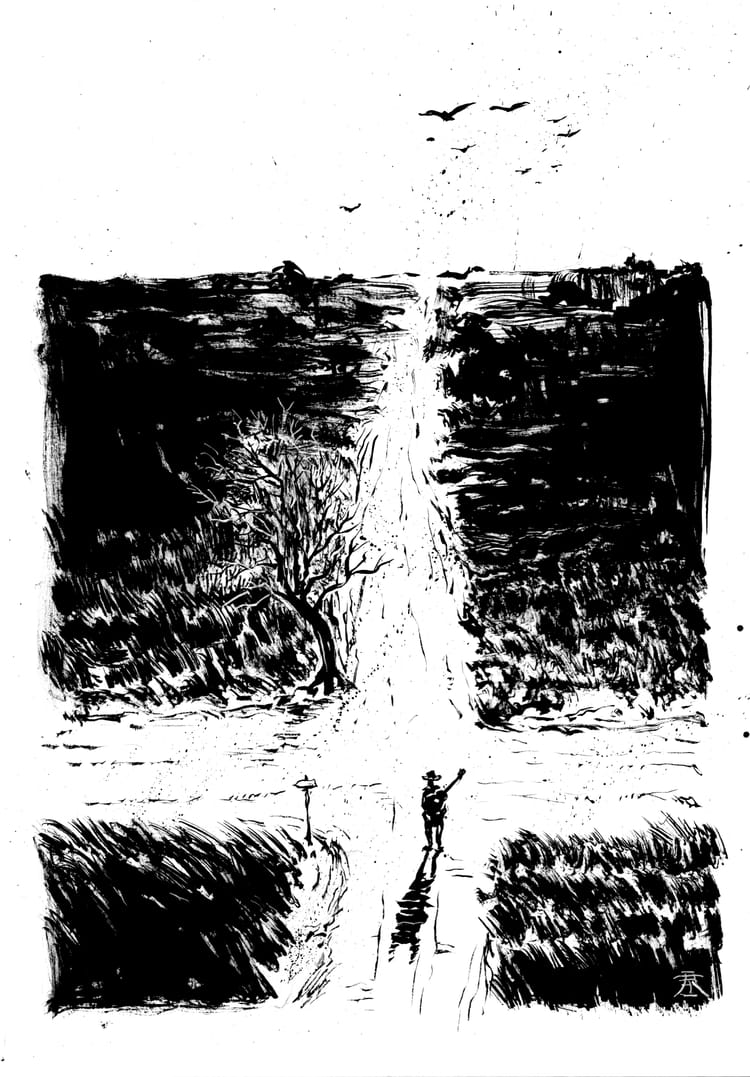Run Your Campaign Like a Romance Novel

I've been a fan of Gnome Stew for years. Their articles have made me reconsider the ways I run and play tabletop RPGs, and their podcasts have been constant companions on my drives, commutes, and late-night walks with my pupper. So you can understand how I am absolutely over the moon to have one of my articles published on their site!
I've copied the introduction below, and you can read the full thing over on Gnome Stew. Go enjoy some stew!
I don’t want to talk about Luke Skywalker anymore. Great guy. Loved him for years. But folks, it’s time to move on. His hero’s journey has been the go-to framework for our Big Epic Quests™ for far too long. In fact, the Hero’s Journey itself is far too flimsy a structure to build a TTRPG campaign upon.
Think about it: we’ve got a singular protagonist standing alone against the Big Bad at the end of the world. Sure, sometimes he has a Han Solo or an R2D2 along for the ride, but in the end, Luke is facing off against Vader alone.
And that’s the problem, right? TTRPGs aren’t about a single hero going it alone. (Okay, pedantic internet caveat: most TTRPGs aren’t about a lone wolf standing on his own.) They’re about a team. A squad. A group of plucky adventurers.
That’s why I suggest you run your campaign like a romance novel.
Why Romance Novels?
“A kissing book?” Some of you may say, and in response, I say, “Hell yeah, a kissing book!”
If you believe romance novels can’t reach the same epic highs and dark, horrifying lows as your favorite Hero’s Journey example, my friend, you don’t know what you’ve been missing.
In a romance, good sex scenes and good fight scenes are practically the same things. Lots of thrusting and attention to positioning…
All kidding aside, though, whether you’re battling the antagonist on a crashing airship or making out with your rival under the harvest moon in a romance, the point of an action encounter isn’t the actions themselves but how the interaction between the characters reveals the depths of emotion, motivation, and history shared between them. In other words: relationships.
And that’s the most important answer to “why romance novels” – because you might cheer for that critical hit that takes down the dragon or laugh over the nat 1 you rolled when trying to deceive the king, but the heartbreak you’ll feel and the joy that erupts when you focus on relationships, those things will be stories you’ll tell forever...



